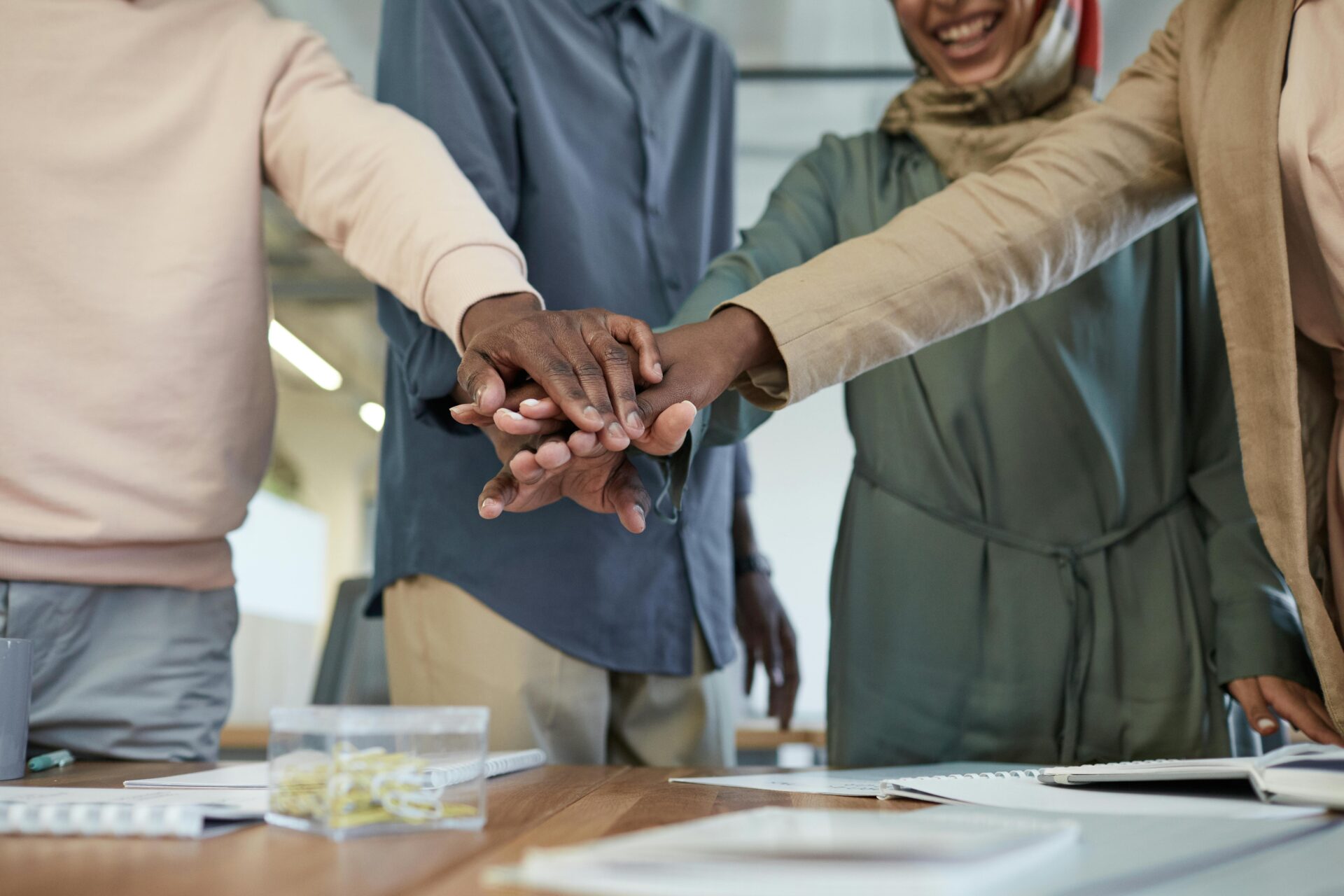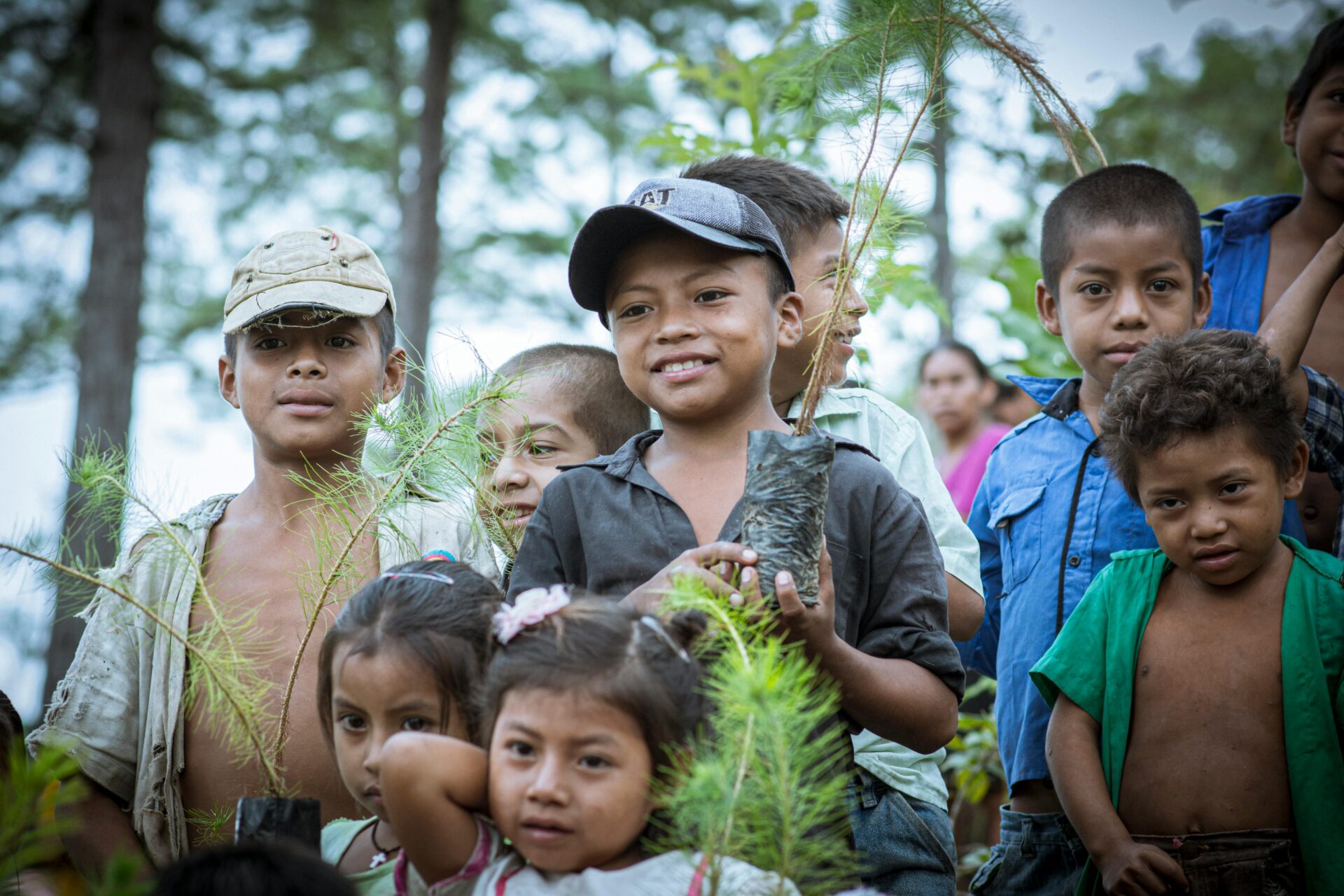Sydney Stevens, Co-Founder and CEO of Partners in Progress
In January this year (2025), I decided to undertake a challenge I knew would be mentally and physically tough. Despite not being a cyclist, I committed to a 650-kilometer cycle across Cambodia in support of REACH Siem Reap. The not-for-profit is committed to breaking the cycle of poverty through education and runs the RIDE to REACH as their largest fundraiser of the year. I thought I knew what I was getting into—a physically demanding 8 days through dirt roads and relentless sun, pushing my body to its limits. I expected the physical challenge. What I wasn’t prepared for was the mental shift.
As we rode, we passed homes barely standing, families living in conditions that many wouldn’t accept. We saw illness untreated, children working instead of attending school. These were images that fit the conventional definition of poverty—lack of money, lack of resources. But as the days passed, I began to see the beauty of Cambodia and its people. Despite hardships, we were met with warmth, joy, and resilience. Families welcomed us, children raced alongside our bikes, and communities persist in ways that numbers and statistics fail to capture. This wasn’t poverty in the way I had always understood it. It forced me to reconsider how we approach helping others. Are we imposing our own definitions of poverty and prosperity onto communities without fully understanding their realities?
Globally, poverty is often defined in rigid financial terms—a person living on less than $2.15 a day, a household below a government-set threshold (World Bank, 2022). These measurements are useful for policymakers and fundraising campaigns, but they strip away the complexity of real life.
I find it hard to believe that poverty can be condensed to just a number. It’s a lack of opportunity, education, healthcare, stability. It’s an ecosystem of disadvantages that go far beyond income. And yet, it is not a singular experience.
My journey into philanthropy started when I was young. In 2013, I traveled to Guatemala to help install water purification systems in rural villages. I returned three years in a row, eager to contribute and ‘serve’ disadvantaged communities. I believed we were making a difference. And in many ways, we were—clean water is vital. But as I look back now, I see the flaws in our well meaning service. The projects were primarily foreign-led. We identified the “problem” and delivered a solution, without fully consulting the people living through it. What if the community had different priorities? What if, instead of imposing change, we had worked alongside them to support their vision for improvement?
Since then, I have continued a passion for global community development, prioritising community led projects. From the beginning, Partners in Progress has valued community voice and locally led development. A vision that we share with REACH Siem Reap.
REACH Siem Reap is a stand apart charity, implementing holistic, community supported programs. They don’t impose solutions; they listen first. They recognize that stopping the cycle poverty isn’t about handing out money or resources—it’s about understanding individual circumstances and working with communities to build sustainable change. They don’t just ask, What do you need? They ask, What do you want for your future? How can we help you get there?
Too often, we reduce the fight against poverty to numbers—dollars raised, meals provided, children sponsored. These efforts matter and make our work possible, but it cannot be the defining factor. If we truly want to make an impact, we need to go beyond financial aid and rethink our role in change.
Philanthropy isn’t just about giving. It’s about listening. It’s about respecting resilience and recognizing that solutions must be with people, not for them. It’s about understanding that poverty isn’t just an absence of money but an absence of choice.
When I reflect on my ride through Cambodia, what stays with me isn’t the exhaustion or the physical challenge. It’s the mother I met, determined to secure a better life for her children. It’s the REACH youth who cycled beside us, proving that opportunity—not charity—changes lives. It’s the children laughing in their classrooms, reminding me that joy isn’t dictated by economic status.
I came to Cambodia to ride, to fundraise for a great cause, and to challenge myself. But I left with something far more valuable: a deeper understanding of what global aid really means. The next time we think about poverty, let’s think beyond the numbers. Let’s think about people, about dignity, about working with rather than giving to.


